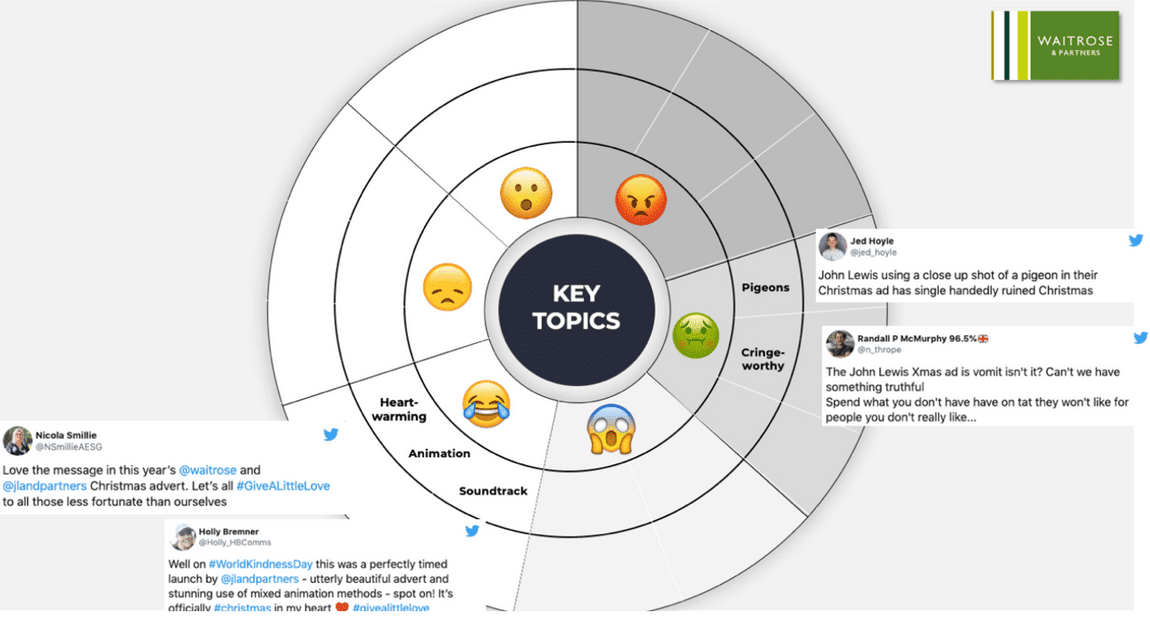Emotionally intelligent brands will win in the experience economy.

6 September 2021
The experience economy
According to Gartner “In the experience economy, the memories, emotions and feelings that customers take away are ultimately what matters most.” B2C and B2B brands that can build and deliver superior emotional capital will win competitive advantage, and they need a CX strategy to achieve that.
CX holds a key to helping brands succeed
People have never just wanted transactions. In the recent past, shopping was an experience that fulfilled a basic social need. Bartering, negotiating and buying offered us interactions, conversations and connections that confirmed our belonging to a social group, and we took a bag of shopping home with us. Today, we just take the shopping, not the belonging. In order to thrive, it behoves brands to make space in the online experience economy to provide for fulfilling interactions. In short, what’s needed are emotionally intelligent brands that can fuel a CX strategy which delivers the functional and emotional wants and needs of customers.
The right kind of emotion at different touchpoints
At a functional level CX is simply technology that ensures customers get what they expect: elegant, painless interactions, speedy service, and easy to find relevant information. These benefits sit at the robotic end of the spectrum. At the other end sits a human or emotionally intelligent dimension that comprises stories, characters, purpose and values. This requires data, insight and creativity. This is where superior emotional capital can be generated.
In the experience economy, the experience can be imagined as a series of interactions between brand and customer. The experience needs to flow like a good conversation between two people who you know each other well. Every touch point on the customer journey must be consistent.
Emotionally intelligent B2B branding
Emotional Intelligence is not just the preserve of B2C brands. Seven out of nine B2B brands state that they have emotional connections with more than 50% of their customers. True B2B brands have still been over-indexing on Sales-Qualified Leads rather than Emotionally Qualified ones. Possibly because, despite what we know about the role of emotion in B2B buying decisions, change is often hard and always scary. Until now it’s really only been the bold B2B brands who are thinking differently.
Tom Stein, CEO of sister agency SteinIAS, recently termed the last 12 months in B2B as ‘an awakening’. Thanks partly to the pandemic and partly to the evolution of martech, B2B marketing is emerging from its stereotype as a sales enabler and reimagining itself as a growth driver.
Again, at the heart of the B2B reimagining sits Emotional Intelligence. A CX strategy that connects more relevant experiences delivered with greater empathy across every touchpoint, to every stakeholder audience. So even when that rational value is elevated towards the bottom of the funnel, you’re still building relationships, showing that you’re a business who can genuinely enhance customers’ lives.
The highs and lows of Christmas
In the world of B2C, research into buyer attitudes towards UK supermarkets by our other sister agency Walk in Media confirms the value of emotionally intelligent conversations between brands and customers. Walk In Media monitored and measured sentiment over the Christmas period. They discovered that Sainsbury’s, Aldi and Waitrose experienced the most negative emotional reactions. But they also received overwhelmingly positive reactions too.

Closer inspection revealed that customers were caught up in the emotional narratives that these shops told and consequently the top three supermarkets enjoyed superior emotional capital. This meant they were measurably more memorable and were shared more by customers across social media.
The shape of things to come
There is a growing set of evidence that supports the value of developing emotionally intelligent brands, which serve as a platform to create fulfilling customer experiences designed to be memorable, empathetic and relevant to the lives of customers. B2C and B2B brands need to be bolder in their interactions and less afraid to talk about the things that matter in a way that is creative, has purpose, follows a narrative and feels more human.